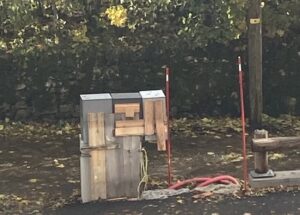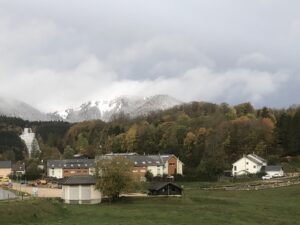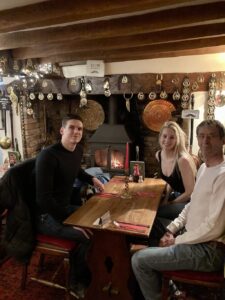 When my son married a beautiful British-Irish-Ukrainian woman, we were given an insiders peek into UK life, which begins and ends at the local pub. Going to the pub for a pint is as much a part of British life as a coca cola and Friday night football is to an American.
When my son married a beautiful British-Irish-Ukrainian woman, we were given an insiders peek into UK life, which begins and ends at the local pub. Going to the pub for a pint is as much a part of British life as a coca cola and Friday night football is to an American.
Dating back thousands of years to 43 AD when the Romans invaded the British Isles, the public house has been a cultural part of UK life for centuries. From the Roman drinking houses, called ‘tabernae’ to the Medieval ale houses offering lodging for travelers, to the ever popular pubs of today, the pub always served as the center of village life. Going to the pub remains a favorite British pastime.
Part of the adventure is getting there. A Saturday walk to the pub is as commonplace as a family heading to church on Sunday in the US.
Our fun multiplied when Larissa’s mom, her sister, brother-in-law, two nephews and their goodnatured labradoodle, Guinness, joined us for a walk across the British countryside.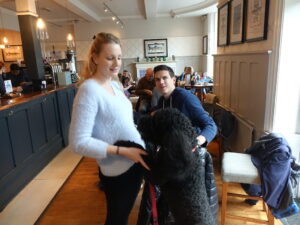
We donned those quintessential British boots, aka wellies, and started walking through the fields right outside the door of their rental home known as the “barn.” The old chicken coop remodeled into an eclectic, modern, light-filled home had so many windows that it makes me feel like I on a farm for vacation.
“Don’t the farmers mind us trespassing on their land.” I asked Larissa as we tromped through the fields where sheep grazed.
“In the UK, the public has the right away,” she explained. “It is known as Public Bridle Way.”
 “I don’t see any signs allowing us to hike on their property,” I said.
“I don’t see any signs allowing us to hike on their property,” I said.
“It’s invisible!” she explained. “But you just know.”
“You have to be local enough to know or not know where it is acceptable,” Nic added.
Even without specifically labeled trails, the local farmers are accustomed to foot traffic.
Part of our hike included climbing over wooden stiles crossing the fences and hedgerow between the fields.
 “A phone app indicates where it is okay to go,” said Larissa. “But it’s mostly common sense. You wouldn’t walk through field of donkeys or free range horses. It’s at your own risk if you try to cross a field of buffalo.”
“A phone app indicates where it is okay to go,” said Larissa. “But it’s mostly common sense. You wouldn’t walk through field of donkeys or free range horses. It’s at your own risk if you try to cross a field of buffalo.”
Surprisingly, not only cattle, sheep and horses graze in Nic and Larissa’s neighborhood, but buffalo - African buffalo - also roam.
Walking in wellies on uneven terrain, included lumbering over six stiles like an obstacle course, I felt worn out by the time we made it to the pub.
The pub, an old brick home, divided into rooms, included a room where dogs were welcome guests. Guinness sat at attention, while the adults talked. Instead of ordering the usual hot 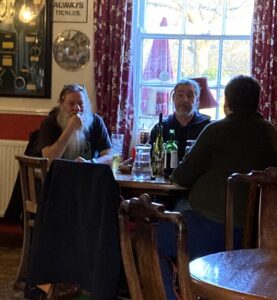 drinks, after our hike, we were so thirsty, we opted for cokes, beer, and the local cider. The little boys sat politely at the table enjoying snacks.
drinks, after our hike, we were so thirsty, we opted for cokes, beer, and the local cider. The little boys sat politely at the table enjoying snacks.
Surprisingly, Guinness didn’t bother the other dogs tucked in at nearby tables while their owners sipped away the afternoon enjoying board games. At the table next to us, a couple played Jenga while their Irish hound stood guard. Near the pub entryway, a table of brawny locals spun tales as long as their beards.
One of the greatest features of pub life is that there is never any pressure to hurry up or to order another round. For the price of a drink, we could linger all day surrounded by charming English atmosphere.


 Half a century ago, no one paid any attention when my friends and I played basketball. We got kicked off the court, but shoved our way back in the game, clearing the lane for Caitlin Clark, Angel Reese, Paige Bueckers, Juju Watkins and the contemporary stars of today.
Half a century ago, no one paid any attention when my friends and I played basketball. We got kicked off the court, but shoved our way back in the game, clearing the lane for Caitlin Clark, Angel Reese, Paige Bueckers, Juju Watkins and the contemporary stars of today. In the sixties, in my own second grade story I wrote about the lockers playing a basketball game against the waste baskets during recess. Back then, I imagined inanimate objects in school had a greater chance of competing in the game than girls. Yet, like my sports loving peers, we shot hoops anyway creating a path so new that no one envisioned its existence.
In the sixties, in my own second grade story I wrote about the lockers playing a basketball game against the waste baskets during recess. Back then, I imagined inanimate objects in school had a greater chance of competing in the game than girls. Yet, like my sports loving peers, we shot hoops anyway creating a path so new that no one envisioned its existence.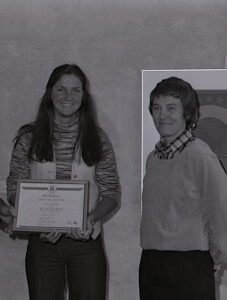


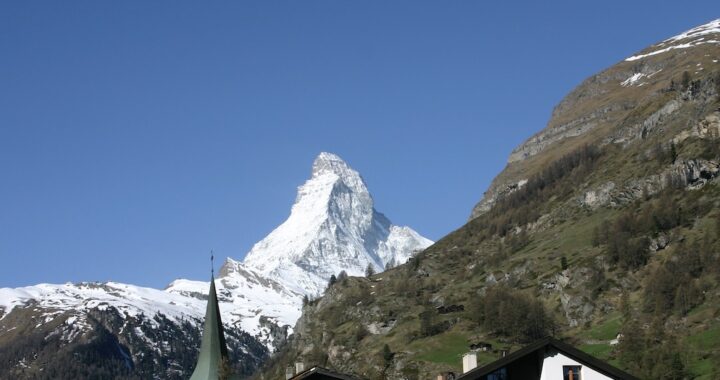

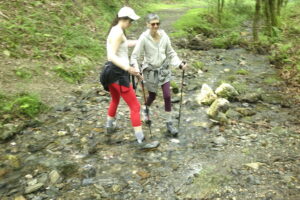
 My father and grandfather, good sportsmen, great coaches, dedicated their lives to helping others find their way and offered me stellar examples of resiliency. They remained athletes at heart, determined to stay as active as their bodies would allow until their final hours.
My father and grandfather, good sportsmen, great coaches, dedicated their lives to helping others find their way and offered me stellar examples of resiliency. They remained athletes at heart, determined to stay as active as their bodies would allow until their final hours.

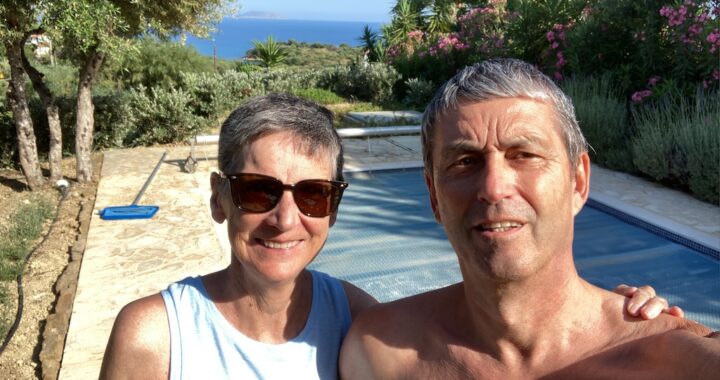
 Forty years ago on New Year’s Eve 1983, I said, “I do,” in a seventeenth century chapel in France, not far from the famous WWII Landing beaches. What are the odds of a small town girl from the cornfields of Illinois meeting a French boy raised by the sea in Normandy?
Forty years ago on New Year’s Eve 1983, I said, “I do,” in a seventeenth century chapel in France, not far from the famous WWII Landing beaches. What are the odds of a small town girl from the cornfields of Illinois meeting a French boy raised by the sea in Normandy?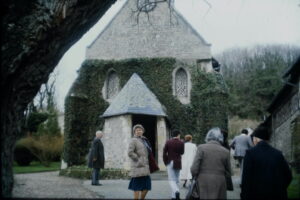
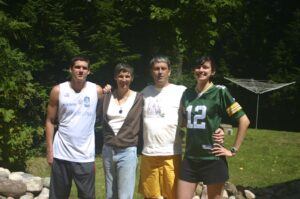 But our rewards were great; none greater than watching a bright, adventuresome daughter and a clever, witty son grow strong on basketball courts across Switzerland and go onto become doctors.
But our rewards were great; none greater than watching a bright, adventuresome daughter and a clever, witty son grow strong on basketball courts across Switzerland and go onto become doctors.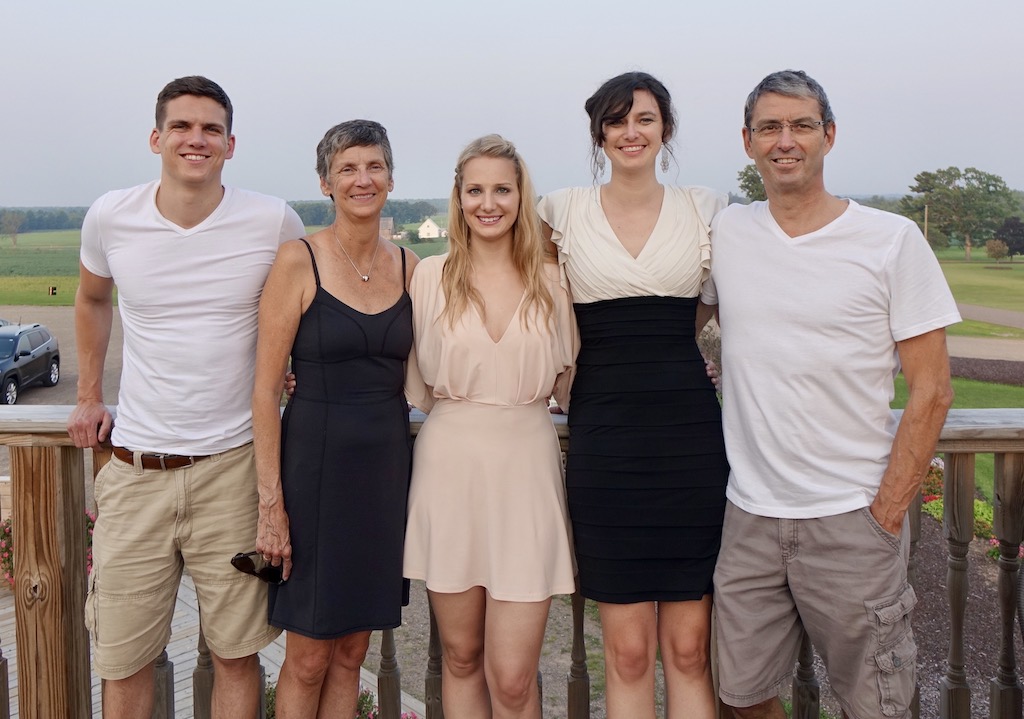
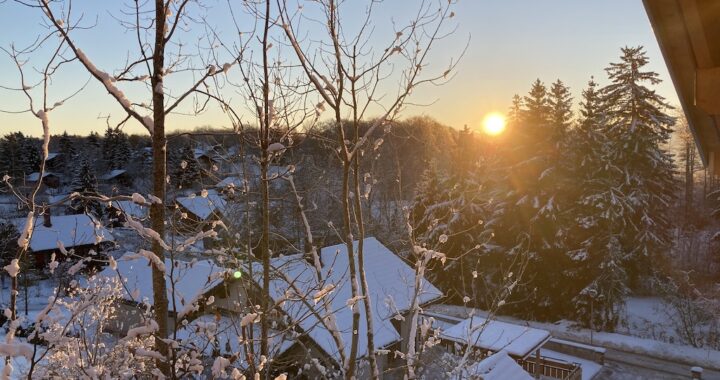
 Between our old furniture falling apart after three years in storage and builders mistakes, each day in our new house brings a challenge. One morning, I opened the closet and the hanging rod broke, burying me under an avalanche of clothes. The next day the drawers collapsed, stripped from the support rail.
Between our old furniture falling apart after three years in storage and builders mistakes, each day in our new house brings a challenge. One morning, I opened the closet and the hanging rod broke, burying me under an avalanche of clothes. The next day the drawers collapsed, stripped from the support rail. A trip to a Swiss equivalent of Menards or Home Depot does my head in with its rows of wood, tile, kitchen, bathroom and plumbing fixtures and endless racks of tools, clamps, brackets, bolts and shelving.
A trip to a Swiss equivalent of Menards or Home Depot does my head in with its rows of wood, tile, kitchen, bathroom and plumbing fixtures and endless racks of tools, clamps, brackets, bolts and shelving. Then I wandered over to the luminaires department where hundred of different light fixtures blink. Imagine the spectacular light show? There were suspension, platform, ceiling, wall, desk, and table lights in three categories - incandescent, fluorescent, and high intensity discharge - all with various strengths of bulbs to choose from.
Then I wandered over to the luminaires department where hundred of different light fixtures blink. Imagine the spectacular light show? There were suspension, platform, ceiling, wall, desk, and table lights in three categories - incandescent, fluorescent, and high intensity discharge - all with various strengths of bulbs to choose from. I can distinguish between a classic nail and a screw, but there are 25 different kinds of nails and 26 different types of screws in dozens of sizes. Even worse, Swiss measurements are in the metric system (ie. centimeters, millimeters), but my poor brain is stuck in inches, feet, and yards.
I can distinguish between a classic nail and a screw, but there are 25 different kinds of nails and 26 different types of screws in dozens of sizes. Even worse, Swiss measurements are in the metric system (ie. centimeters, millimeters), but my poor brain is stuck in inches, feet, and yards.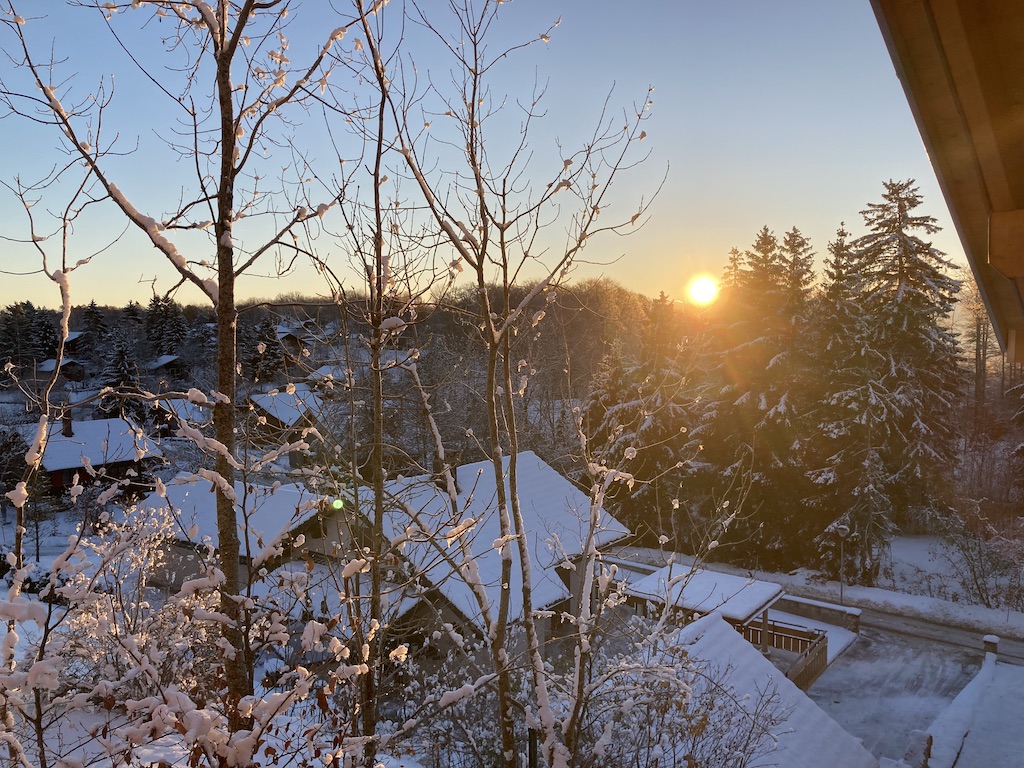
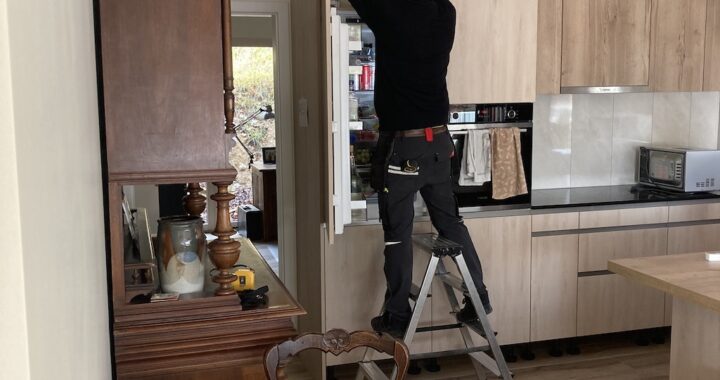
 We officially moved a month ago, but we keep having to relocate within our walls. We continue to rotate tables, chairs, dishes, books and clothes from place to place, so builders can replace broken fixtures and access faucets covered by dry wall.
We officially moved a month ago, but we keep having to relocate within our walls. We continue to rotate tables, chairs, dishes, books and clothes from place to place, so builders can replace broken fixtures and access faucets covered by dry wall. ly.
ly.